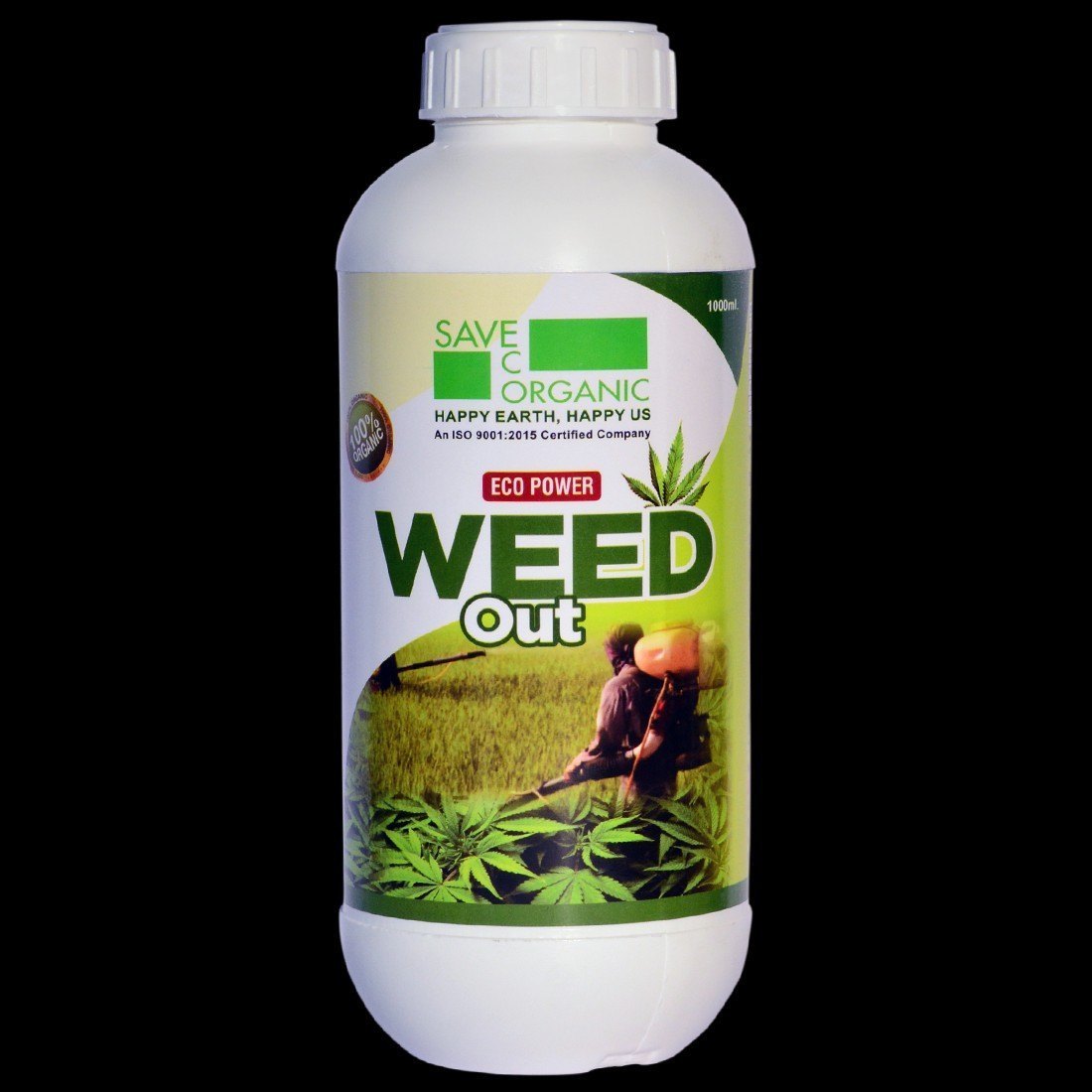Organic Herbicides For Weeds, Managing weeds in your garden or lawn is a crucial aspect of maintaining healthy and vibrant plants. While synthetic herbicides are widely available, they often come with environmental and health concerns. As a result, many gardeners and homeowners are turning to organic herbicides for weeds, which provide a safer and eco-friendly alternative.
What Are Organic Herbicides?
Organic herbicides are natural products designed to control weeds without relying on harmful chemicals. Unlike synthetic options, they are derived from natural sources such as plant oils, acids, or minerals. These herbicides work by disrupting the growth and reproduction of unwanted plants while being gentle on the soil and beneficial organisms.
How Organic Herbicides Work
Organic herbicides target weeds in various ways, including:
- Burning Leaf Tissues: Some organic herbicides use acetic acid (found in vinegar) or citric acid to damage the leaves of weeds, causing them to dry out and die.
- Disrupting Cellular Functions: Herbicides with essential oils, such as clove or thyme oil, penetrate the weed’s cellular structure, preventing it from absorbing water and nutrients.
- Smothering Growth: Products like corn gluten meal inhibit seed germination, effectively preventing weeds from sprouting.
Advantages of Organic Herbicides
- Environmental Safety: Organic herbicides break down quickly, reducing the risk of long-term contamination in soil and water.
- Non-Toxic: They are safer for children, pets, and wildlife compared to synthetic herbicides.
- Preservation of Soil Health: Organic options often enhance, rather than harm, the microbial balance in the soil.
Popular Organic Herbicides
Here are some widely used organic herbicides for weeds:
- Vinegar-Based Herbicides: High-concentration acetic acid solutions are effective against annual weeds and grasses.
- Corn Gluten Meal: A pre-emergent herbicide that prevents weed seeds from germinating.
- Clove Oil Herbicides: Clove oil is a fast-acting herbicide that works well on young weeds.
- Soap-Based Herbicides: Fatty acid soaps are used to dehydrate and kill unwanted plants.
Limitations of Organic Herbicides
While organic herbicides are highly beneficial, they also have limitations:
- They are typically non-selective, meaning they may harm desirable plants if applied carelessly.
- Most organic herbicides are contact-based and work best on young or annual weeds rather than established perennials.
- Reapplication may be necessary to achieve long-term control.
Tips for Using Organic Herbicides Effectively
- Target Young Weeds: Apply organic herbicides early in the weed’s growth stage for maximum effectiveness.
- Use on Dry, Sunny Days: This ensures the herbicide adheres to the plant and works efficiently.
- Combine with Manual Weeding: For tough, deep-rooted weeds, use organic herbicides alongside hand-pulling or digging.
Conclusion
Organic herbicides for weeds are an excellent choice for gardeners seeking to maintain a healthy, eco-friendly landscape. They offer effective weed control while prioritizing environmental safety and personal health. By understanding their uses, benefits, and limitations, you can integrate organic herbicides into your gardening routine to create a greener, more sustainable outdoor space.
Switch to organic herbicides today and enjoy the satisfaction of nurturing your garden naturally!
You Might Also Like These:



